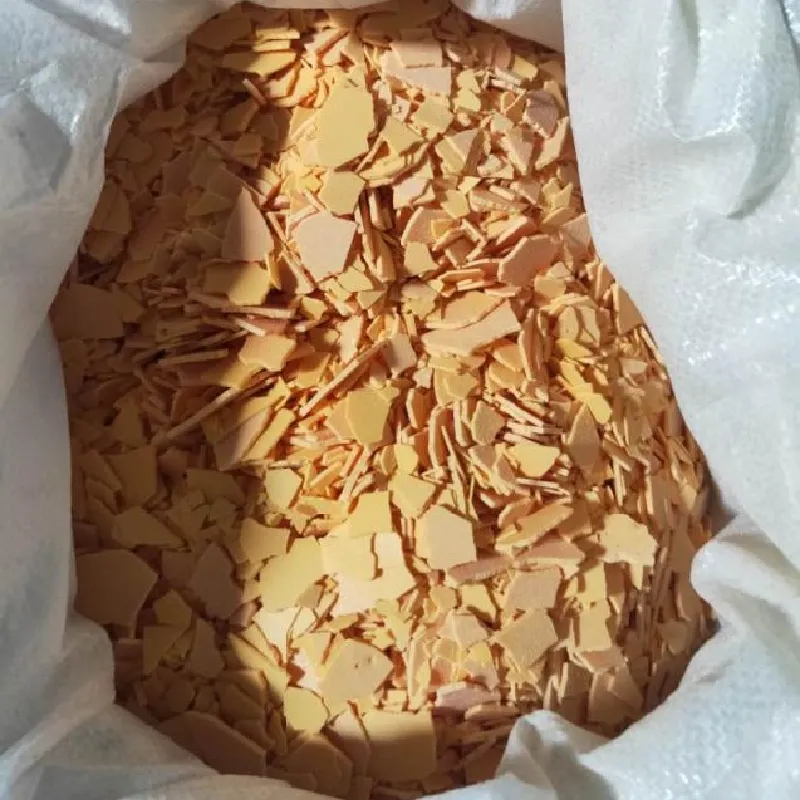
emulsifier 322
Understanding Emulsifier E322 The Magic Behind Food Texture
In the world of food science, emulsifiers play a critical role in enhancing texture, stability, and overall sensory experience. Among the various emulsifiers utilized in the food industry, E322 stands out, commonly known as lecithin. This article delves into the nature of E322, its sources, functions, applications, and safety considerations, providing a comprehensive overview of this essential food additive.
What is Emulsifier E322?
Emulsifier E322, or lecithin, is a natural phospholipid obtained from various sources, including soybeans, sunflowers, and egg yolks. It is a complex mixture of phospholipids, triglycerides, and other lipids, making it an effective emulsifying agent. The primary function of lecithin is to stabilize emulsions, which are mixtures of oil and water that would typically separate. By reducing the surface tension at the interface of these two immiscible liquids, lecithin allows for a homogenous blend, improving the texture and shelf-life of food products.
Sources of E322
The most common sources of E322 are
1. Soy Lecithin Extracted from soybeans, this variation is widely used due to its availability and cost-effectiveness. Soy lecithin is rich in phosphatidylcholine, a vital component for brain health and cell membrane integrity.
2. Sunflower Lecithin A non-GMO alternative to soy lecithin, sunflower lecithin is increasingly popular among health-conscious consumers and those with soy allergies. It offers similar emulsifying properties without the potential allergenic concerns associated with soy.
3. Egg Yolk Lecithin Traditionally used in mayonnaise and sauces, egg yolk lecithin is known for its superior emulsifying capabilities, allowing for the creation of stable emulsions with a creamy texture.
Functions of Emulsifier E322
Lecithin serves multiple functions in food production
1. Emulsification As a primary role, lecithin helps blend oil and water, aiding the production of emulsified products like dressings, mayonnaise, and confectionery.
2. Stability By maintaining the uniform distribution of ingredients, lecithin enhances the stability and shelf-life of processed foods, preventing separation over time.
emulsifier 322

3. Texture Improvement Lecithin contributes to a smooth mouthfeel, improving the overall sensory attributes of food products. This is particularly important in chocolate, baked goods, and dairy products.
4. Nutritional Benefits Beyond its functional properties, lecithin is a source of choline, an essential nutrient that supports various bodily functions, including liver health and neurotransmitter synthesis.
Applications in Food Industry
E322 is prevalent in numerous food products, such as
- Baked Goods Lecithin is often added to bread, cakes, and cookies to enhance moisture retention and improve dough workability.
- Confectionery In chocolate production, lecithin acts as a plasticizer, reducing viscosity and allowing for smoother chocolate formulation and processing.
- Margarine and Spreads Lecithin is crucial for achieving the right consistency in spreads, enabling a stable emulsion that resists separation.
- Dairy Products In products like creams and ice creams, lecithin helps maintain a creamy texture, preventing ice crystal formation.
Safety and Regulations
Lecithin is generally recognized as safe (GRAS) by food safety authorities, including the U.S. Food and Drug Administration (FDA) and the European Food Safety Authority (EFSA). It has been extensively studied, and no significant health risks are associated with its use as a food additive. However, individuals with soy allergies should opt for sunflower lecithin or egg yolk lecithin to avoid potential allergic reactions.
Conclusion
Emulsifier E322, or lecithin, is a remarkable ingredient that enhances the quality and sensory attributes of food products. Its ability to stabilize emulsions, improve texture, and provide nutritional benefits makes it a valuable asset in the food industry. As consumers become more aware of ingredient sourcing and health implications, the demand for natural emulsifiers like lecithin will likely continue to grow, ensuring its place as a staple in kitchens and food production facilities worldwide. Understanding and appreciating the role of E322 can lead to more informed choices regarding food consumption and preparation, ultimately promoting a healthier lifestyle.
-
Pure Sodium Dichloroisocyanurate Dihydrate | Powerful DisinfectantNewsAug.29,2025
-
Industrial Chemicals: Quality & Purity for Every IndustryNewsAug.28,2025
-
Nitrile Rubber Honoring Strict Production StandardsNewsAug.22,2025
-
Aspartame Ingredients Honoring Food Safety ValuesNewsAug.22,2025
-
Fertilizer for Balanced Plant NutritionNewsAug.22,2025
-
Cyanide Gold Processing with High Purity AdditivesNewsAug.22,2025
-
Formic Acid in Textile Dyeing ApplicationsNewsAug.22,2025
Hebei Tenger Chemical Technology Co., Ltd. focuses on the chemical industry and is committed to the export service of chemical raw materials.
-

view more DiethanolisopropanolamineIn the ever-growing field of chemical solutions, diethanolisopropanolamine (DEIPA) stands out as a versatile and important compound. Due to its unique chemical structure and properties, DEIPA is of interest to various industries including construction, personal care, and agriculture. -

view more TriisopropanolamineTriisopropanolamine (TIPA) alkanol amine substance, is a kind of alcohol amine compound with amino and alcohol hydroxyl, and because of its molecules contains both amino and hydroxyl. -

view more Tetramethyl Thiuram DisulfideTetramethyl thiuram disulfide, also known as TMTD, is a white to light-yellow powder with a distinct sulfur-like odor. It is soluble in organic solvents such as benzene, acetone, and ethyl acetate, making it highly versatile for use in different formulations. TMTD is known for its excellent vulcanization acceleration properties, which makes it a key ingredient in the production of rubber products. Additionally, it acts as an effective fungicide and bactericide, making it valuable in agricultural applications. Its high purity and stability ensure consistent performance, making it a preferred choice for manufacturers across various industries.





